After a series of scandals involving major cases, the list of people whose auditors have been suspended has grown longer, raising public concerns about the quality of the industry.

In the Saigon Dai Ninh case, an auditing company was accused of issuing an audit report on the charter capital contribution of shareholders, determining the owner's capital contribution to Mr. Nguyen Cao Tri's company despite insufficient evidence - Photo: MV
Speaking to Tuoi Tre, a veteran auditing expert said that increasing the penalty level as proposed is necessary, but in the long term, it is necessary to consider revising the Auditing Law in the direction of having tougher sanctions, increasing supervision from management agencies, and strengthening management and control by professional organizations.
Scandal after scandal, challenging trust
Many major cases that have been tried recently have more or less involved the responsibility of auditors and auditing companies. Typically, the case of Mr. Nguyen Cao Tri (related to Saigon Dai Ninh Company), the case of Tan Hoang Minh, FLC, SCB... with auditors' violations specifically named also caused public opinion to stir up questions about the responsibility and quality of auditing.
In the past month, a long list of auditors who have been suspended or are about to be suspended from auditing public interest entities in the securities sector has been announced, causing investors to panic. The determination of enterprise value for equitization of enterprises at the Ministry of Transport has also just had a conclusion related to auditing.
Mr. Dang Tran Phuc - Chairman of AzFin Financial Consulting and Training Company - commented: "Like other professions, not all auditors have good professional capacity. Meanwhile, the fraud of businesses is becoming more and more sophisticated.
Not to mention that not all auditing companies have transparent and objective working mechanisms. Sometimes auditors have to perform their work under great pressure from superiors."
As someone who has been involved in the auditing industry since the 1990s, Associate Professor Dr. Dang Van Thanh - former President of the Vietnam Association of Accountants and Auditors, former Vice Chairman of the National Assembly's Economic and Budgetary Committee - had to say "very sad" about this situation.
"The auditing profession is inherently professional, highly independent, requiring integrity, objectivity and upholding professional ethics. Therefore, regardless of personal or collective motives, poor capacity or some other reason... without sufficient reliable and appropriate evidence, still insisting on signing an audit report is unacceptable," Mr. Thanh confided.
When auditing companies and auditors were named in major cases and prosecuted for civil and criminal liability recently, Mr. Thanh said he was very worried about the phenomenon of "one bad apple spoiling the barrel", which could erode the public's trust in the auditing profession.
How to improve quality?
When discussing solutions to overcome this "very sad" situation, Mr. Dang Van Thanh said that countries around the world have very high requirements for professionalism and independence of auditors. The International Federation of Accountants (IFAC) has issued a set of professional ethics standards and a code of conduct for accountants and auditors. Accordingly, sanctions for violations in auditing activities are very strict and tough.
In Vietnam, the Ministry of Finance has issued professional ethics standards for accounting and auditing and put them into practice. At the same time, there is a mechanism to control service quality and professional ethics, and is currently submitting new regulations for revision.
However, according to Mr. Thanh, increasing the penalty level is necessary but not a fundamental solution because it can limit violations but also has to calculate the gains and losses. The important thing to emphasize is still professional honor and professional value.
Therefore, Mr. Thanh proposed to review and reconsider the regulations on auditing in general, including the Law on Independent Auditing. The amendment should be in the direction of introducing tougher sanctions, increasing supervision from management agencies, and strengthening management and control by professional organizations.
"To practice, auditors must be members of a professional organization. Professional organizations have the right to manage members and punish members who are practitioners if there are violations," Mr. Thanh proposed.
Regarding the amendment of a number of articles of the Law on Independent Auditing, the Vietnam Association of Certified Public Accountants (VACPA) also had many meetings with the Ministry of Finance, the State Securities Commission, and the Economic Committee of the National Assembly.
In these meetings, VACPA said that it always emphasized in the draft law that it is necessary to clarify the roles and responsibilities of auditors and enterprises/parties responsible for preparing financial statements in order to have appropriate administrative sanctions. At the same time, it will address the problem of fraud and errors from the root, ensure consistency between related regulations and help increase the transparency of financial information in the market.
Mr. Nguyen The Minh - Director of individual client analysis at Yuanta Vietnam Securities Company - said that the proposal to increase the fine 20 times the current level is necessary.
"However, we need to pay attention to the quality control of the auditing companies themselves. If too many auditors violate and are suspended, it is clear that the auditing company has a problem," said Mr. Minh.
Which businesses have problems?
Mr. Bui Van Huy, Director of DSC Securities, Ho Chi Minh City Branch, said that recently the rate of enterprises wanting to "reheat" to make their financial reports "beautiful" has increased significantly. Mr. Huy said that it would show suspicion for enterprises that have conflicts with auditors or weak enterprises that suddenly use different accounting practices such as late cost accounting or early revenue recognition, which need to be carefully considered.
Faced with these businesses, the auditing unit will choose "yes" or "no". In fact, auditing companies are also businesses and they need revenue. "If they accept to ignore to get revenue, it will lead to deviation from standards, even violating the law", Mr. Huy said and acknowledged that not only Vietnam, but also the world has recently had many auditing scandals.
Cannot verify whether the "cooked" document is real or fake
Speaking to Tuoi Tre, a veteran auditor shared that fraudulent behavior by businesses is becoming increasingly sophisticated. "We have encountered many reports that have been "cooked up" while auditors can only audit the documents provided but cannot verify whether the documents are real or fake," this auditor explained.
In fact, after a series of scandals, many auditing firms have rejected businesses because they see risks. A newly listed company, after a long time of not finding an auditor, has repeatedly sent urgent documents requesting the Securities Commission to allow them to temporarily postpone the publication of their financial statements.
Because all 30 auditing firms approved to audit public interest entities in the securities sector in 2023 rejected them when the auditors were suspended before signing the financial statements.
Source: https://tuoitre.vn/kiem-toan-doc-lap-be-boi-lien-tiep-20241128224230901.htm


![[Photo] Visiting Cu Chi Tunnels - a heroic underground feat](https://vstatic.vietnam.vn/vietnam/resource/IMAGE/2025/4/8/06cb489403514b878768dd7262daba0b)





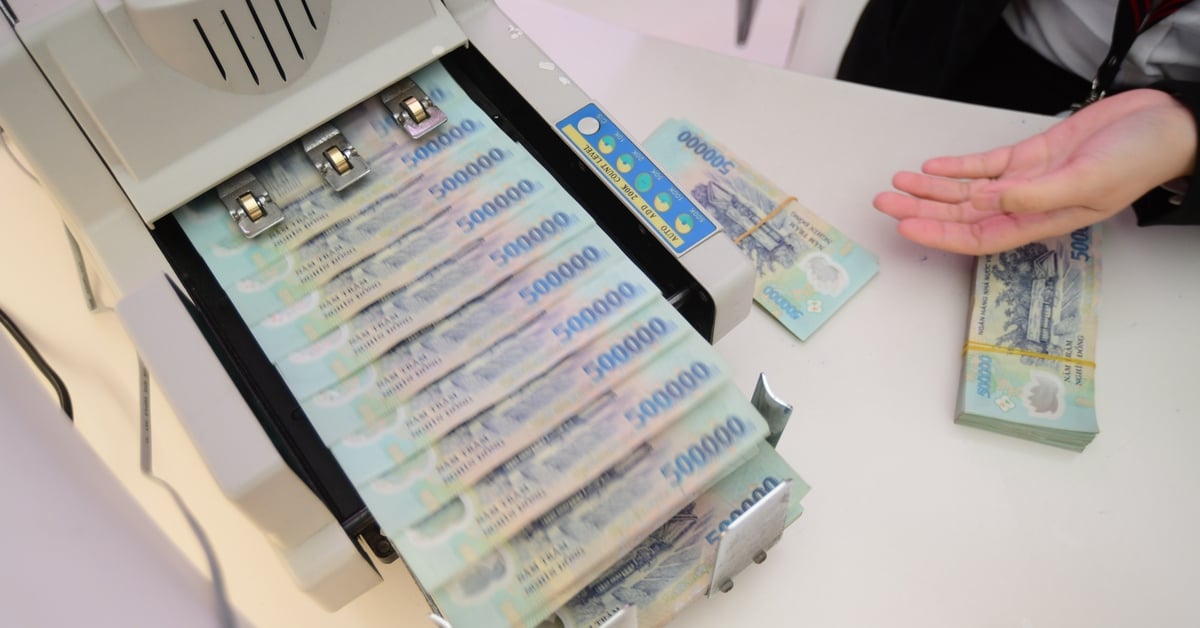
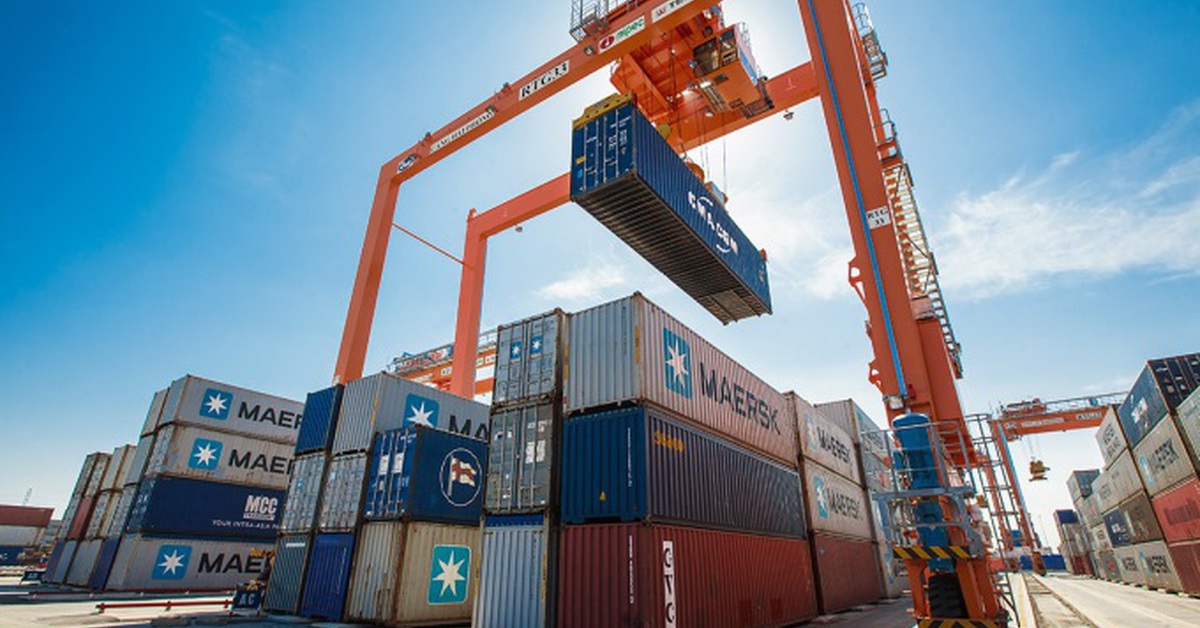
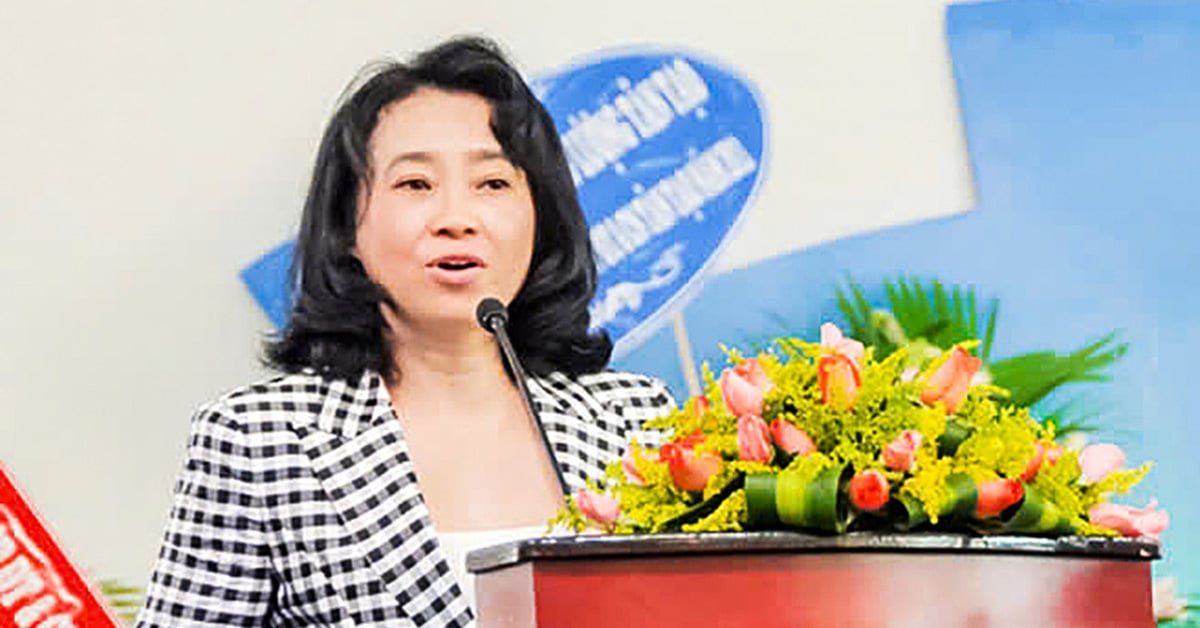



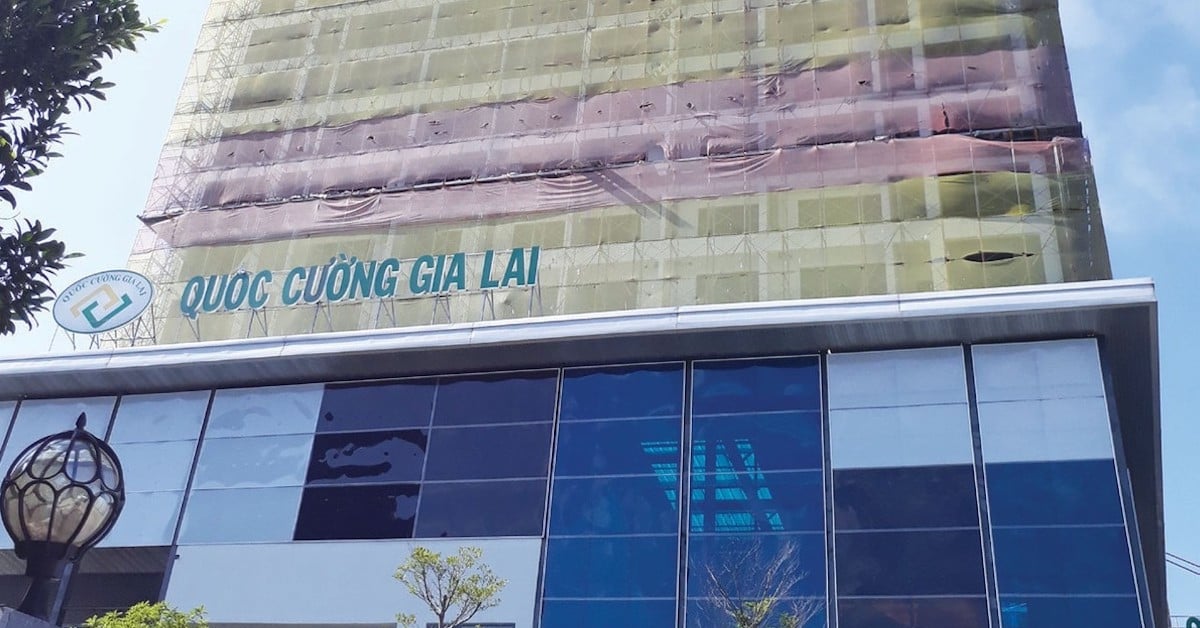


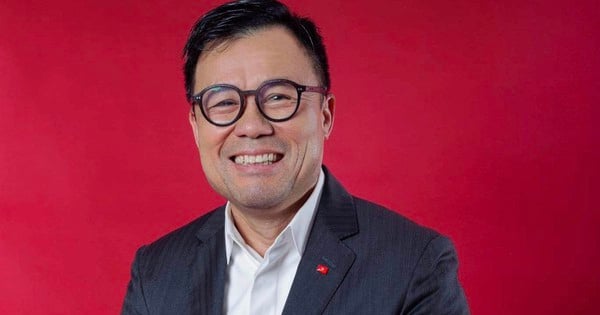












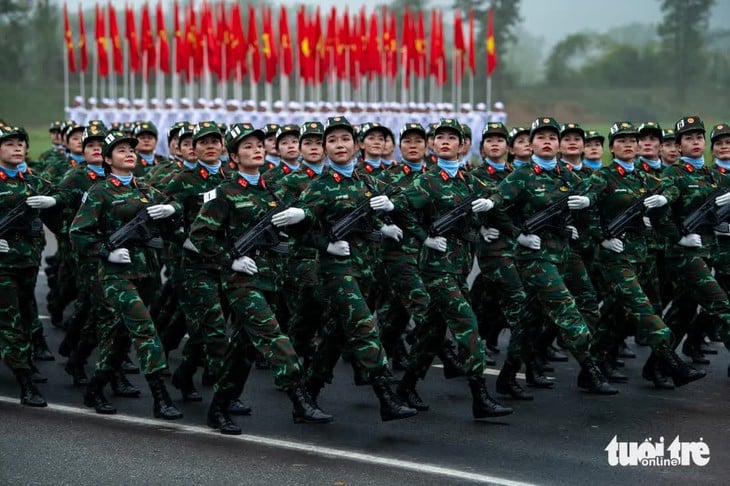










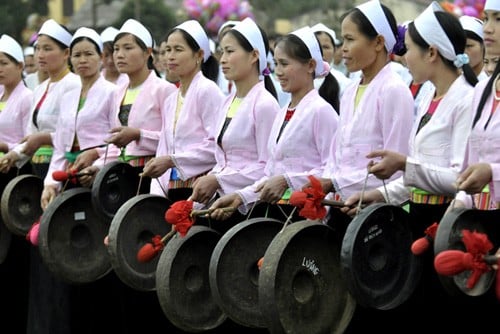

















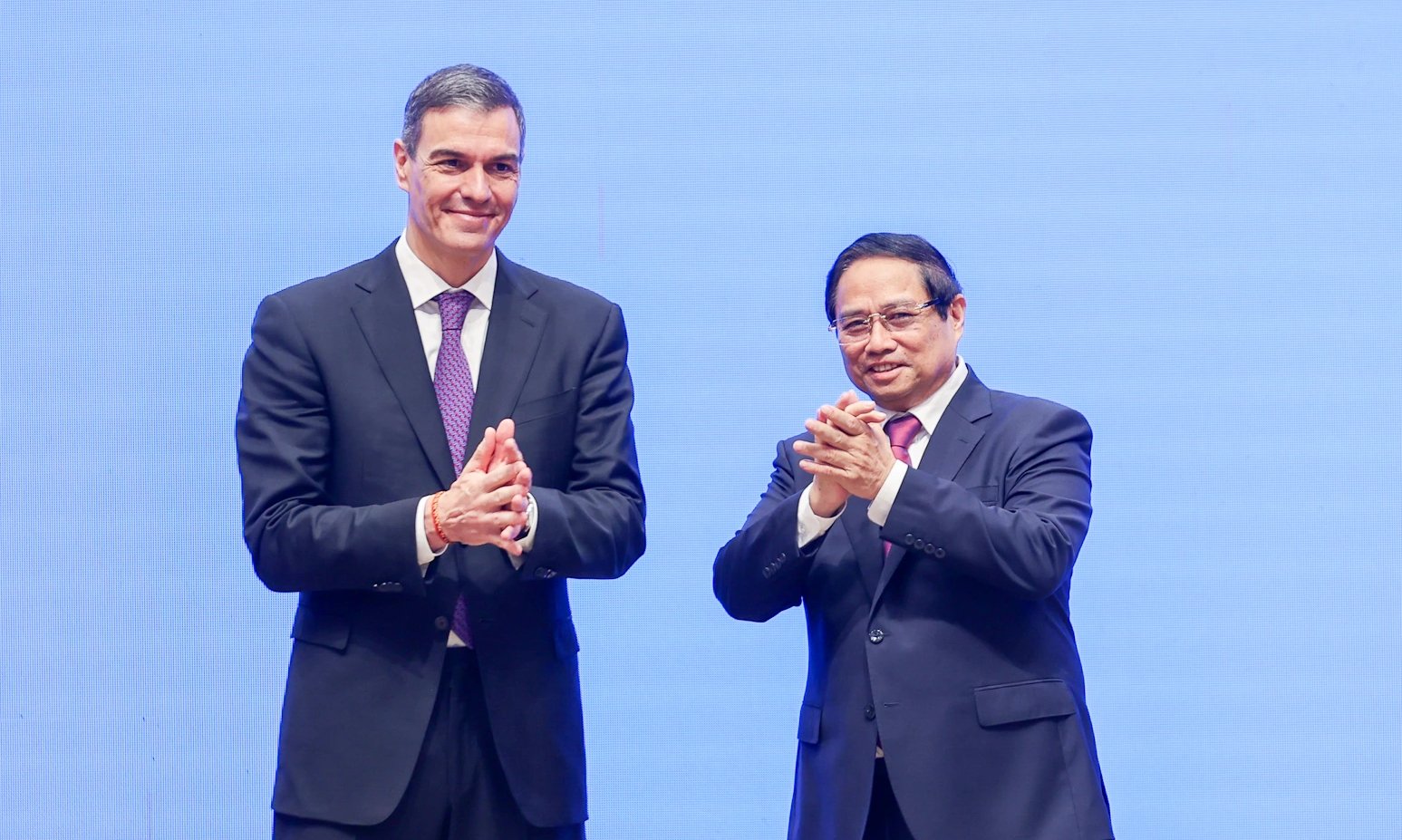
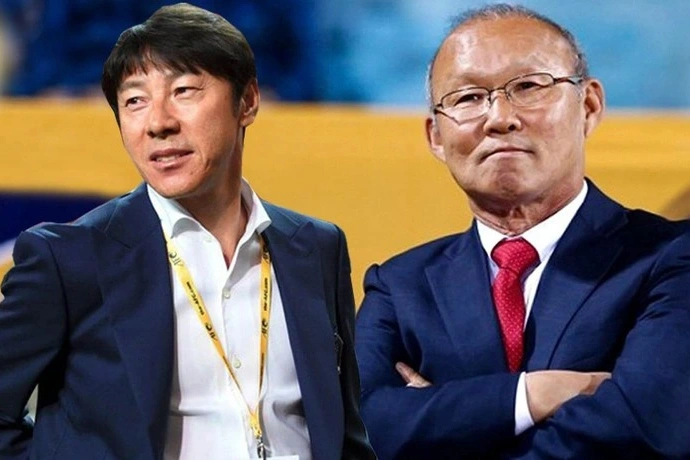


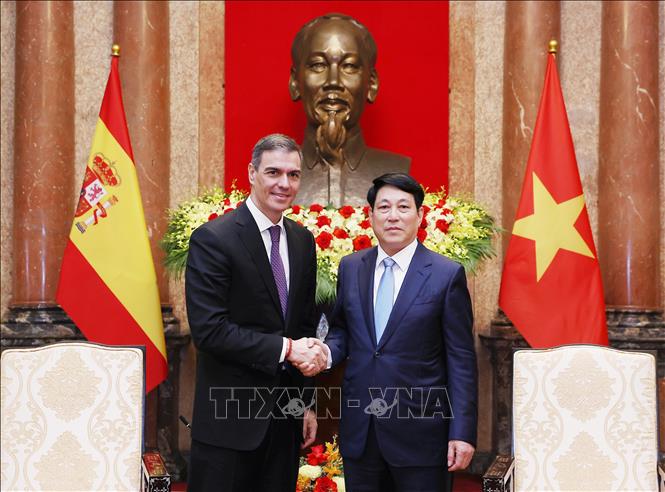













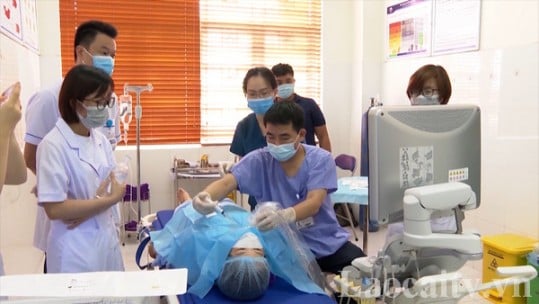










Comment (0)